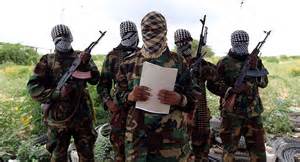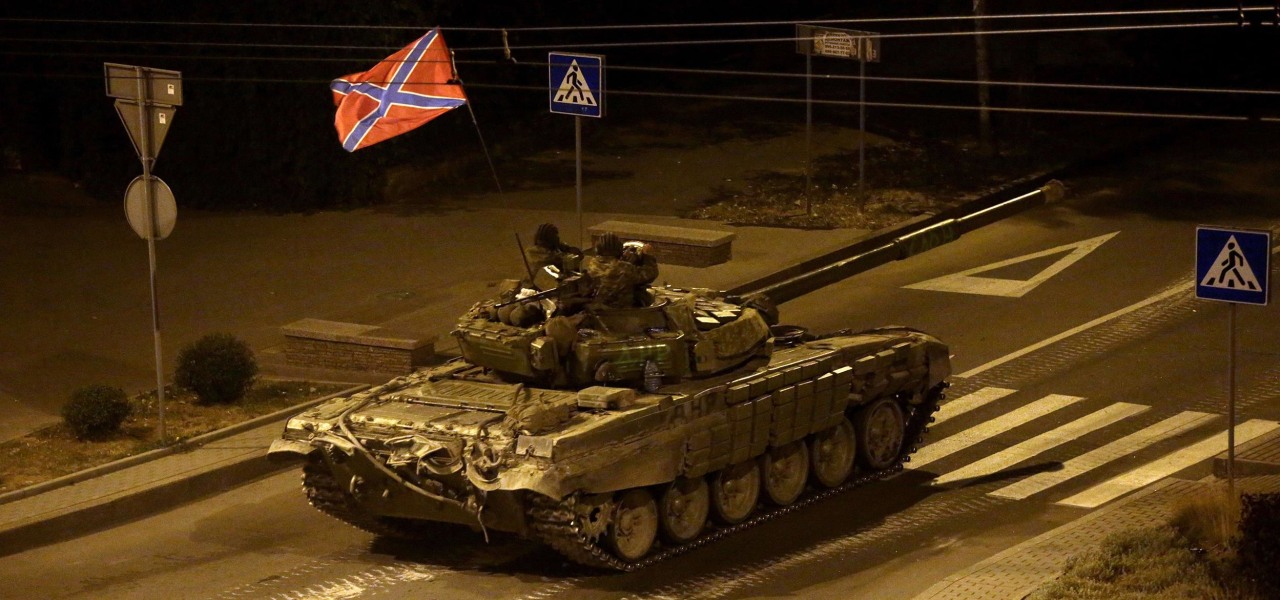By Ashley Repp
News Desk Reporter, Africa
Yaounde, CAMEROON- Rising numbers of cholera cases make aid needed to control outbreaks, but political insecurity and the impending rainy season challenge efforts, while the Ebola virus overshadows those grappling with the cholera outbreak
While the fight against the Ebola virus occupies the global spotlight and rages on, another invisible killer has quietly crept onto the stage with much less ado. In the Lake Chad river basin countries, the occurrence of cholera has dramatically spiked in recent months. The illness has already claimed the lives of over 1,200 individuals, and has infected nearly 40,000.
Cholera is a water-borne illness that often strikes in regions where sanitation is poor and water is generally not potable. Despite being one of the first studied illnesses in history, Cholera still ravages many parts of the world and claims the lives of over 100,000 people every year. The illness causes sever vomiting and diarrhea that leads sever dehydration, and in some cases, death.
Information regarding lake basins and nutrients in river beds have uncovered information that suggests that certain high nutrient levels and river surges are responsible for a growth in plankton populations. These plankton populations have been isolated as one cause of the transmission of cholera. Even more concerning, river surges and growth in plankton populations are associated with warming waters, according to the American Journal of Tropical Medicine and Hygiene. Bearing this in mind, there is concern that global warming may lead to an increase in the number of cholera cases. While this information is not conclusive, the issue must be paid attention as global temperatures rise and the disease claims more lives in some of the poorest countries of the world, including those of the Lake Chad river basin.
Compounding the cholera problem is the current insecurity that affects the region, most notably, the rise in power of Boko Haram, an Islamic militant group in Nigeria. As people have fled Nigeria, some have brought cholera with them. In fact, the first family with cholera in Cameroon was a Nigerian family that fled from Boko Haram. The porous border of countries in the region undoubtedly contribute to the easy spread of disease, and the political insecurity makes it difficult for health organizations to distribute medical supply kits and potable water to areas affected by both cholera and instability.
While cholera cases are already high than usual, this may just be the beginning as the rainy season approaches. Incidents of cholera tend to spike dramatically during the rainy season when flooding and water stagnation are not uncommon. With the rainy season fast approaching, it will be difficult for health organizations to extend aid to the areas that need it most if cholera cases continue to rise in the context of instability.
For more information, please visit:
All Africa- Cameroon: Cholera surges in Cameroon– 4 Sept, 2014
All Africa- Cameroon: Ebola distracts from worsening cholera outbreak in Cameroon– 4 Aug, 2014
Inter Press Service- Recurrent cholera outbreak in far north Cameroon highlights development gaps- 19 Aug, 2014
Rueters- Cameroon cholera outbreak worsens




